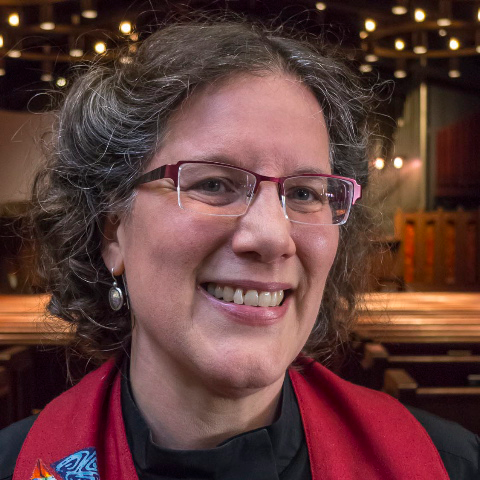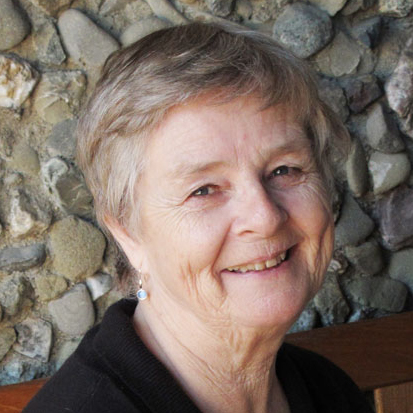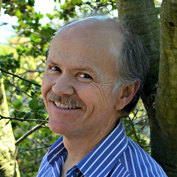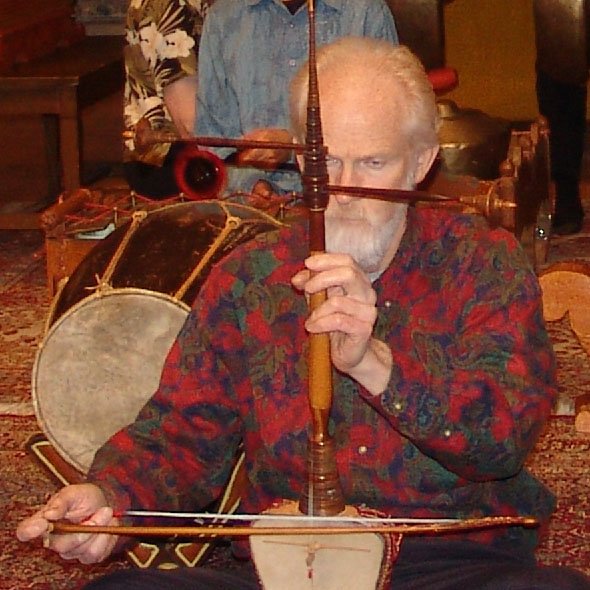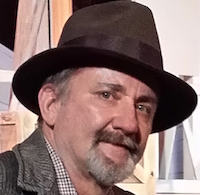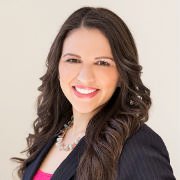Summer Forum – The International Red Cross
07-11-2021
9:30 am - 10:45 am
Diana Graham of the Red Cross will present with a video on the International Red Cross She’ll talk to us about opportunities for volunteering. And go deep into the workings of this incredible organization — which UUs helped start!!! (don’t forget). See origin story at the end of this page.
Dr. Diana Graham has a Ph.D. in Chemistry from the University of Hawaii and worked as an environmental chemist for 39 years in Richmond and San Francisco. Her home burned down in the Oakland Fire in 1991. She believes that it is much better to be prepared before the disaster so that response and recovery are easier. She has been a volunteer for the Red Cross for over 10 years, teaching community preparedness and working with government agencies and community resources to identify potential evacuation and shelter locations and doing surveys of facilities to see what resources they have. She also participates in Red Cross Sound the Alarm events where volunteers install smoke alarms, free of charge, in residences that need them.

Important Links:
Red Cross Preparedness website
Ready Set Go (Wild Fire Preparedness)
Putting Down Roots in Earthquake Country
History of the Red Cross
The Rev. Henry Whitney Bellows was in the pulpit, preaching to his Unitarian congregation in Manhattan, when word arrived that rebel forces had attacked Fort Sumter in South Carolina. The American Civil War had begun.
Four days later, on April 25, 1861, a group of women—most of them members of Bellows’ Church of All Souls—gathered to organize an aid society for the volunteer soldiers gathering on Staten Island. They were concerned about the conditions in the soldiers’ camps, where spoiled goods, open latrines, poor bedding, and vermin threatened health. The women set to work making bandages and writing letters.
On April 29 they organized what would become the United States Sanitary Commission, which grew into “the largest, most powerful, and most highly organized philanthropic activity that had ever been seen in America,” according to historian George M. Frederickson, and provided the basis for the American Red Cross, founded 20 years later by a Universalist, Clara Barton.







